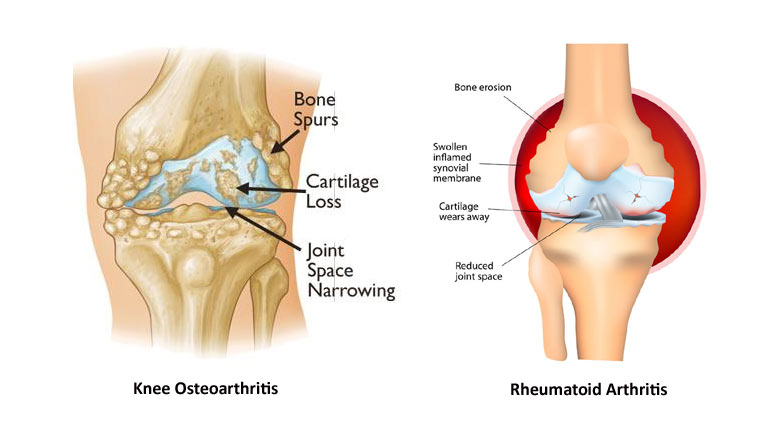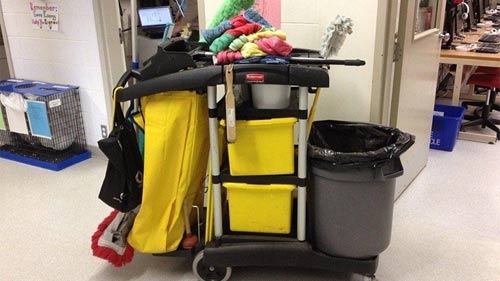 Heroin is a highly addictive drug that comes from the seed of an opium poppy plant. It is either injected, smoked or snorted to get the feeling of being high. Heroin is also commonly known as “H,” “Horse,” or “Smack” and can be purchased in a powder form or a sticky, gummy form.
Heroin is a highly addictive drug that comes from the seed of an opium poppy plant. It is either injected, smoked or snorted to get the feeling of being high. Heroin is also commonly known as “H,” “Horse,” or “Smack” and can be purchased in a powder form or a sticky, gummy form.
Heroin consumption can cause multiple short term side effects such as nausea, vomiting, slowed breathing, dry mouth, flushed skin, and more. The person can also experience many long term side effects like emotional disorders, increased tolerance leading to overdose, physical dependence, anxiety, and more. One can also experience medical conditions like pneumonia, heart problems, kidney problems, and miscarriage.
Heroin has a high affinity to the opioid receptors in the brain that controls pain and pleasure. Some of the most apparent symptoms to recognize a person’s addiction to heroin are constricted pupils, drowsiness, sudden weight loss, paranoia, depression, legal troubles, and more. Additionally, some withdrawal symptoms include nausea, anxiety, cramping, and insomnia.
Getting Rid of Heroin Addiction
The number of heroin addicts is increasing each year, which is partly because of increased mental stress. Although heroin addiction has been a big problem in recent years, it is reversible.
1. Medication Treatment:
Medical treatments are approved for pregnant women, which can ensure milder symptoms and repercussions on the child after birth.
- Buprenorphine/Subutex: This medicine reduces heroin craving without giving the sensation of being high.
- Suboxone: This medication is a mixture of buprenorphine and naloxone. It helps reverse an opioid overdose.
- Naltrexone: This non-addictive medicine interferes with the person’s ability to enjoy using heroin.
- Methadone: The person using this medicine finds it impossible to experience high.
2. Behavioral Therapy:
Behavioral therapy generally helps the addict learn newer lifestyle and behavioral changes to prevent any form of relapse. It is done by addressing mental health issues or trauma that could result in a relapse.
There are many approaches, such as contingency management and Cognitive-Behavioral Therapy (CBT), that have effectively helped manage heroin addiction. CBT helps to modify the behaviors of a person that is associated with drug use. It encourages the addict to increase coping skills that can help the person not relapse in the future as well.
Another effective response has been the voucher-based system, where the patient earns points for every negative drug test. He or she receives rewards with items or gifts that urge a healthy life. Another practice known as Mindfulness-Based Stress Reduction (MBSR) has helped people live one day at a time that ultimately makes them less dependent on the drug.
Most rehabs or treatment centers have relapse prevention therapists who help people recognize their addiction, such that any future relapse can be avoided. At the end of their treatment, they have a prevention plan ready to prevent relapse and encourage long term success.
3. Maintenance and Detoxification
These are two different approaches that are generally assigned to people based on the severity of the addiction or the person’s choice. Maintenance therapy is a process where the person switches from heroin to a heroin substitute that they consume to keep themselves stable. Detoxification, on the other hand, is when the person shifts from heroin to a heroin substitute before withdrawing from the replacement so that the person is completely free from both the drugs.
Both these approaches are home friendly so that the person comfortably gets treatment from home. While detoxing from heroin can take up to 12 weeks, maintenance can take three months. Detox does a great job of lowering tolerance to heroin. It only means that the chances of you getting overdosed on heroin are significantly lowered.
4. Other Steps to Help Reduce Heroin Addiction
- Keep a diary: You can keep track of your heroin use for a few weeks with the help of a diary. Comparing your usage to your goal can motivate you to do better. With a diary, it can also be easier to discuss any problems you may have with a doctor or a health professional.
- Drug-free days: Set aside a few days where you abstain from the use of drugs. You can keep aside a day, a week, or a month to keep track of how you deal with the absence of drugs.
- Stay Busy: While this tip is applicable for most drugs, being able to do things you always wanted to can be an efficient emotional booster. Go out to eat, catch up with your friends, or try something new so that you are not triggered.
- Remove Triggers: Removing people, objects, images, or things that can cause triggers is one of the best ways to prevent indulging with drugs. Keep track of your feelings and reactions to this.
- Exercise: Exercise is not just effective to help bolster your physical health but also your mental wellbeing. Staying physically active can reduce your withdrawal symptoms as well.
- Psychotherapy: Psychotherapists can recommend many ways to manage your state of mind by helping you reframe your negativity, or plan things for the future, and to put effort into fixing any relationships.
- Support System: Keep your friends and family informed regarding your addiction. It is one of the best ways to make a reliable support system. It would be best to be honest with them, yourself, and the professional help you are seeking.
- Yoga, Meditation, and Tai Chi: These mind-body exercises generally focus on your breathing, meditation, and movement that further strengthen your muscles that ultimately gives you a pleasurable sensation or a natural high.
Many people worldwide have taken small but effective lifestyle changes to lead a healthier life. You can adapt some of these measures to assure you to leave behind a life that is troublesome, not just for yourself but also for your near and dear ones. While it can be very difficult to quit the one substance you are so highly dependent on, it is one of the best decisions you can take to lead a successful and healthier life.




